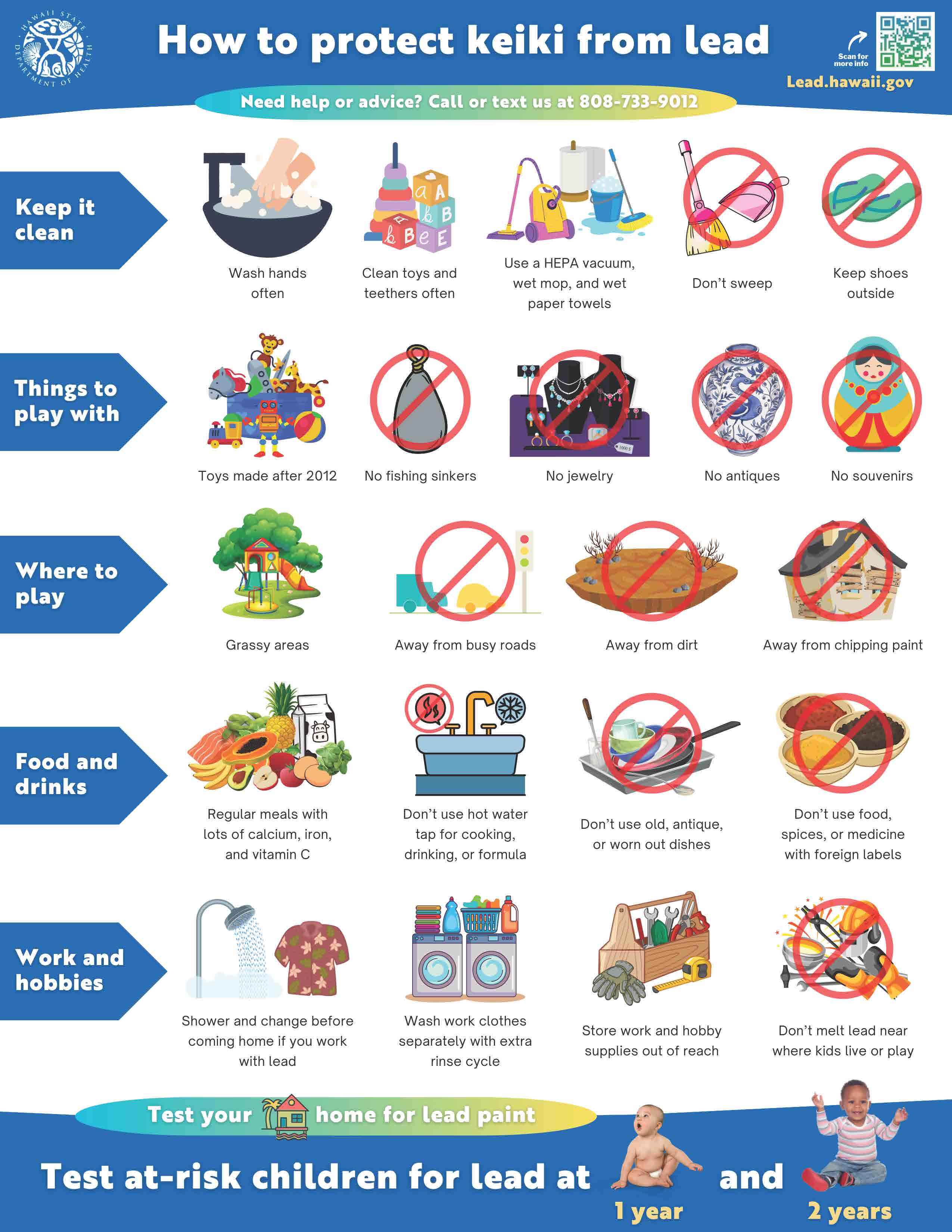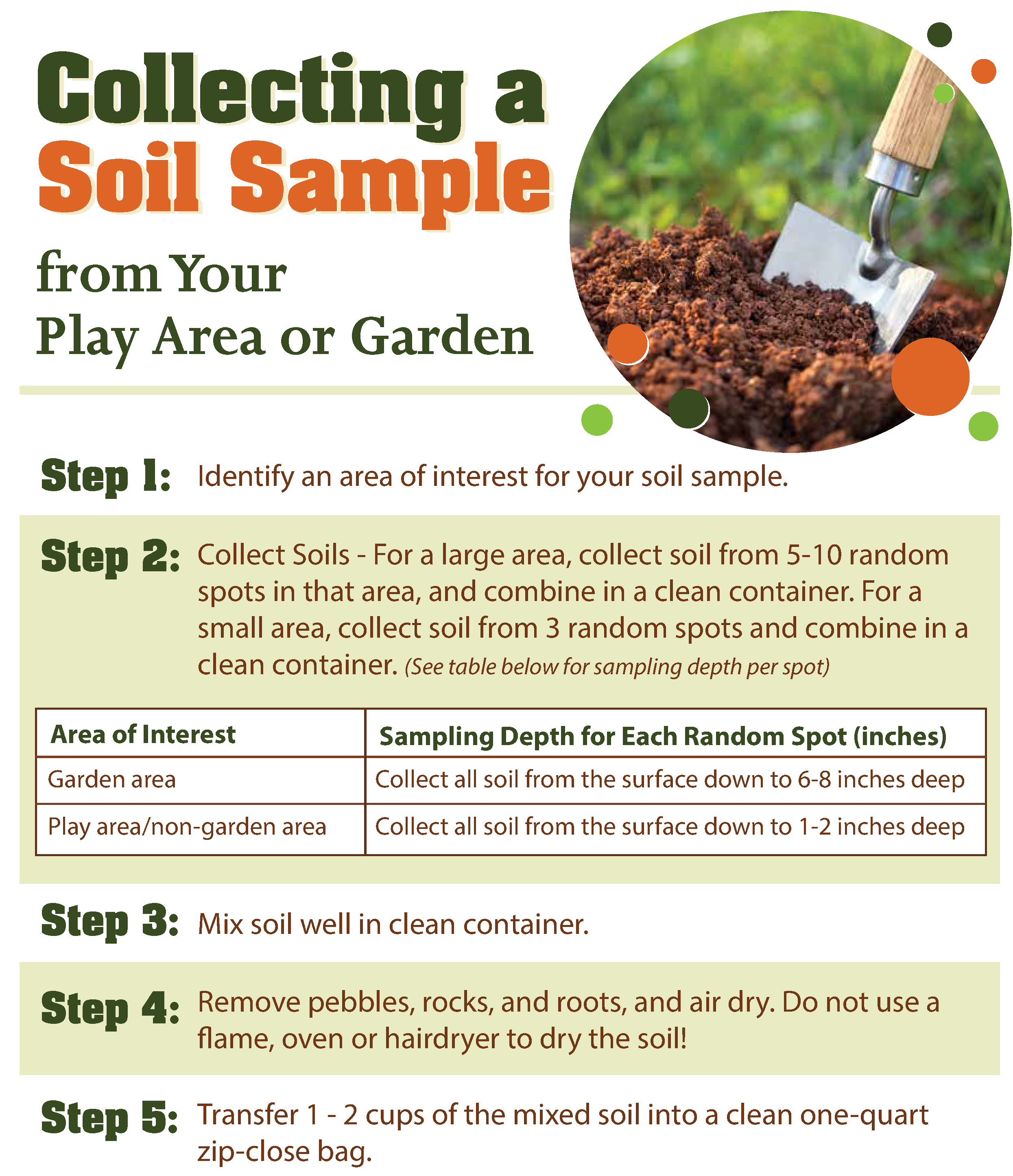REOPENING OF VOLCANO SKATEPARK was celebrated by the community and County of Hawai'i Department of Parks & Recreation on Saturday, Oct. 19. It followed extensive repairs completed in collaboration with a contingent of dedicated volunteers from the Volcano and skateboarding communities.
Skateboarders, roller skaters, and families joined County of Hawai'i officials and skatepark volunteers at the re-opening event, which featured speakers, a blessing, and a lei untying, marking the official reopening.
"It's an honor to stand alongside the dedicated community volunteers who put in countless hours to help us make this important resource safe and accessible for everyone once again," said Mayor Mitch Roth. "We understand how valuable these skateparks are in providing our keiki with safe, fun spaces to develop their skills and stay on a positive path. This reopening is a testament to what we can achieve when the
 |
| Blessing of the refurbished Volcano Skatepark. Photo by Thatcher Moats |
The skatepark, one of eight county skateparks across the island and the only one of wood construction and situated indoors, was closed during the COVID-19 pandemic after the surface of the wooden skating structure deteriorated to the point that it posed considerable safety risks to users.
As Parks & Recreation explored options to address the skatepark, a group within the Volcano community advocated for rehabilitating the wooden structure and stepped up to support the effort. The Volcano Skatepark Organization established a Friends of the Park agreement with Parks & Recreation and provided expertise and labor, while Parks & Recreation supplied the building materials and general oversight of the restoration project.
"Working with the Volcano Skatepark Organization was vital to the success of this project," said Maurice Messina, Director of Parks & Recreation. "The volunteers' passion for the sport of skateboarding, combined with their knowledge of skate park construction, allowed us to join together and restore this important community asset. We extend a big 'mahalo' to the Volcano Skatepark Group and all those who supported this endeavor."
Parks & Recreation plans to continue making improvements to the structure that surrounds the skatepark and hopes that the partnership with the Volcano Skatepark Organization will provide ongoing and timely maintenance of the skatepark to ensure the continued use and enjoyment for skaters.
The skatepark is at Volcano Park, 19-4030 Wright Road in Volcano. The county park site also includes the Cooper Center facility, a playground, restrooms and other amenities.
.jpg) |
| Hawai'i County reopened the wooden, indoor Volcano Skatepark at Cooper Center on Saturday. Photo by Thatcher Moats |
A MURDER INVESTIGATION IS ON AT OCEAN VIEW by Hawai‘i Island police. Hawai'i Police Department initiated a second-degree murder investigation after a man with fatal injuries was found inside a residence in the 92-9000 block of Tiki Lane in Hawaii Ocean View Estates on Friday afternoon, Oct. 18.
Around 1:10 p.m., Ka‘ū patrol officers responded to a residence on Tiki Lane for a report of a deceased man. Upon arrival, police discovered a body of a Caucasian man believed to be in his 50s who had sustained a fatal injury.
Detectives from the Area II Criminal Investigation Section responded to the scene. After conducting a preliminary investigation, "it was believed that the injuries were suspicious in nature and not accidental," says the HPD statement.
Efforts are being made to identify the victim who has not yet been positively identified.
Anyone with information relative to this investigation is encouraged to call the department’s non-emergency number at (808) 935-3311. They may also contact Detective Donovan Kohara at (808) 960-3118; or email donovan.kohara@hawaiicounty.gov.
Citizens who wish to remain anonymous can make an anonymous tip through Crime Stoppers at (808) 961-8300 and be eligible for a reward of up to $1,000. Crime Stoppers does not record any calls or subscribe to caller ID.
To read comments, add your own, and like this story, see facebook.com/kaucalendar. See upcoming events, print edition and archive at kaunews.com.
 THIS IS NATIONAL LEAD POISONING PREVENTION WEEK, as announced by the state Department of Health. Lead is a toxic metal that is dangerous to health at all ages and there is no safe level of lead in the blood for children. National Lead Poisoning Prevention Week'd theme this year is Bright Futures Begin Lead-Free, with the aim for the public to learn protection from exposure to lead and its serious health effects.
THIS IS NATIONAL LEAD POISONING PREVENTION WEEK, as announced by the state Department of Health. Lead is a toxic metal that is dangerous to health at all ages and there is no safe level of lead in the blood for children. National Lead Poisoning Prevention Week'd theme this year is Bright Futures Begin Lead-Free, with the aim for the public to learn protection from exposure to lead and its serious health effects.Lead is often present in the paint of older buildings constructed prior to 1978 and can be found in soil, house dust, old toys, jewelry, antiques, souvenirs, fishing tackle, keys, dishes, food, spices, tobacco products and water. Certain work or hobbies can expose people to lead, which can be brought home on clothes, shoes, hair and other items.
Department of Health states that public water systems in Hawaiʻi do not historically have lead contamination; however, it is possible for lead to contaminate drinking water through fixtures and piping in older buildings. A collaborative project funded by the U.S. Environmental Protection Agency, the Hawaiʻi Departments of Health, Education and Human Services tested drinking water taps for lead in schools and childcare centers and are continuing work to ensure lead is no longer present in taps that showed five parts per billion lead or higher.
"Keiki are especially susceptible to the effects of lead exposure because they are still in the developmental stages, which can impact both mental and physical development," said Dr. Ruben Frescas, chief of the DOH Children with Special Health Needs Branch. "They can be exposed to sources of lead in their everyday environment at home and anywhere they play or receive care. With young children who like to play on the ground and put their hands or other objects in their mouths, lead exposure can place these younger keiki at an even higher risk for swallowing lead."
![]()

In children, lead can cause learning and behavior problems that can result in long-term negative effects throughout adulthood like increased delinquency, lower educational attainment and lower income. In pregnant people, lead can damage a developing baby's nervous system and has the potential to cause miscarriages and stillbirths. Children tend to show signs of severe lead toxicity at lower exposure levels than adults. However, most children with lead in their blood have no obvious symptoms.
In adults, exposure to high levels of lead may cause serious health problems like anemia, kidney and brain damage, infertility in men and women, cancer, nerve and hearing damage, and heart disease. According to the Centers for Disease Control and Prevention, the risk of dying from a heart attack or stroke is two to five times higher among people with higher blood lead levels, which is comparable to the increased risk from smoking, high cholesterol and hypertension.
The DOH Hawaiʻi Childhood Lead Poisoning Prevention Program receives funding from the CDC to help the community prevent children from being exposed to lead; to identify children already exposed to lead so the source can be removed; and to link families to recommended services like Early Intervention and in-home residential investigations.
According to the CDC and American Academy of Pediatrics, children should have a risk assessment for lead exposure at well-child visits and children at increased risk should get a simple blood test for lead. Testing children at 1 and 2 years of age or later if never tested before is required and free with Med-QUEST, the Hawaiʻi Medicaid program. It is okay to test at other times if families or child's doctor are concerned about lead exposure.
In adults, exposure to high levels of lead may cause serious health problems like anemia, kidney and brain damage, infertility in men and women, cancer, nerve and hearing damage, and heart disease. According to the Centers for Disease Control and Prevention, the risk of dying from a heart attack or stroke is two to five times higher among people with higher blood lead levels, which is comparable to the increased risk from smoking, high cholesterol and hypertension.
The DOH Hawaiʻi Childhood Lead Poisoning Prevention Program receives funding from the CDC to help the community prevent children from being exposed to lead; to identify children already exposed to lead so the source can be removed; and to link families to recommended services like Early Intervention and in-home residential investigations.
 |
| Soil, water and paint samples for lead testing can to be sent to a laboratory. The state Department of Health recommends a National Lead Laboratory Accredited Laboratory for paint and soil and a Hawaii State Department of Health Certified Lab for drinking water. Call the lab ahead of time for collection methods, mailing guidelines, and documentation. |
According to the CDC and American Academy of Pediatrics, children should have a risk assessment for lead exposure at well-child visits and children at increased risk should get a simple blood test for lead. Testing children at 1 and 2 years of age or later if never tested before is required and free with Med-QUEST, the Hawaiʻi Medicaid program. It is okay to test at other times if families or child's doctor are concerned about lead exposure.
"Lead poisoning is completely preventable and the best way to protect children is to keep them away from lead in the environment and get screened," Frescas said. "Taking a few simple steps today can make a big difference tomorrow and we are here to help our families take those steps."
To read comments, add your own, and like this story, see facebook.com/kaucalendar. See upcoming events, print edition and archive at kaunews.com.


.gif)





.jpg)



.jpg)